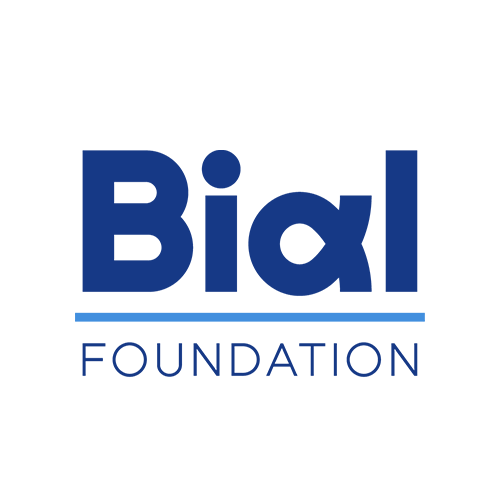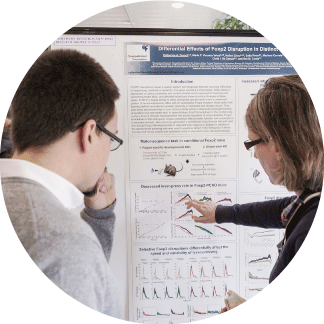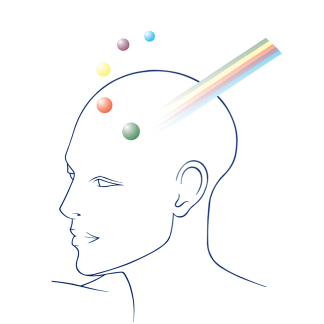News
Top Stories

Hypnosis, meditation, and prayer: which is most helpful for pain management?
Researchers found that a single session of hypnosis and mindfulness meditation, but not prayer, may be useful for managing acute pain.

Does playing with parents at home make it easier for young children to adapt to preschool?
A study showed that children with higher levels of oxytocin adapt better to their preschool environment and that playing with their parents increases those levels.

Can gratitude buffer the negative effects of stress?
Researchers found that gratitude has a unique stress-buffering effect on both reactions to and recovery from acute psychological stress.
News

How does heart rate variability shape emotional brain networks?
Brain connectivity and autonomic function are closely related to emotional regulation, interoception, and autonomic stability. The Default Mode Network (DMN), associated with self-referential and emotional processes, and the insula, which plays a crucial role in interoception, emotional regulation, and autonomic control, are functionally interconnected. These two components often activate together during certain mental processes, suggesting a fundamental interaction between cognitive and emotional functions. To deepen the understanding of this interaction, a study led by Joana Coutinho investigated the functional connectivity between the insula and the DMN, also exploring its relationship with heart rate variability (HRV), an important marker of autonomic regulation. HRV is a measure of the autonomic nervous system's ability to respond to stress and maintain emotional stability, making it a relevant indicator for studying emotional regulation. The results showed a significant positive correlation between the functional connectivity of the insula and DMN, but no direct relationship was observed between this connectivity and HRV. This finding suggests that the interaction between brain connectivity and autonomic regulation is more complex than initially thought and may require more sophisticated models to be fully understood. Therefore, these results highlight the importance of future studies for a more detailed understanding of the brain circuits involved in modulating heart activity, which could lead to the development of more effective therapeutic strategies, especially for clinical populations with alterations in these processes. This study was supported by the BIAL Foundation, in the scope of the research project 87/12 - Neurobiological correlates of empathy in couples: A study of central and peripheral measures, and published in Brain Sciences, in the article Examining Insula – Default Mode Network Functional Connectivity and Its Relationship with Heart Rate Variability.

Prémio BIAL de Medicina Clínica 2024: Award Ceremony
The winning work of the Prémio BIAL de Medicina Clínica 2024 and the honorable mentions will be announced in the Award ceremony that will take place on February 12, 2025, at 11 a.m. in Lisbon, and will be held in a hybrid format, so everyone can watch online. The event will be chaired by the President of the Republic.

How does the brain represent the human body: Vision, language, or both?
Recent research suggests that two processes may coexist in the brain's representation of the human body: one based on visuo-spatial information and the other on linguistic information. This model postulates that, in addition to relying on visual perception to understand the relationships between body parts, we also use information derived from language. A study conducted by Luca Rinaldi and collaborators explored this idea by directly investigating whether these two forms of representation - perceptual and linguistic - truly coexist. To do so, the researchers used distributional semantic models (DSMs), computational tools that analyse texts to identify how words (and, in this case, body parts) are related in language. For instance, words like "hand" often appear associated with "arm" or "finger" in texts. These linguistic relationships were used to construct a body map based on the semantic distances between different body parts. To test this linguistic map, the researchers conducted two behavioural experiments. In both, participants had to evaluate the proximity between body parts presented as words or as images. The results showed that both perceptual information (based on vision) and linguistic information (extracted from language) influenced participants' performance. In other words, linguistic representations complemented visual ones, suggesting that the brain uses both sources of information when mentally processing and organizing the human body. These findings support theories arguing that mental representations combine perceptual and linguistic information. Thus, our understanding of the human body depends not only on what we see but also on how language structures that understanding. This study was supported by the BIAL Foundation, in the scope of the research project 13/22 - RE-thinking the role of the spatial memory system in cognitive MAPs (acronym: REMAP), and published in the Journal of Cognition, in the article A Body Map Beyond Perceptual Experience.





